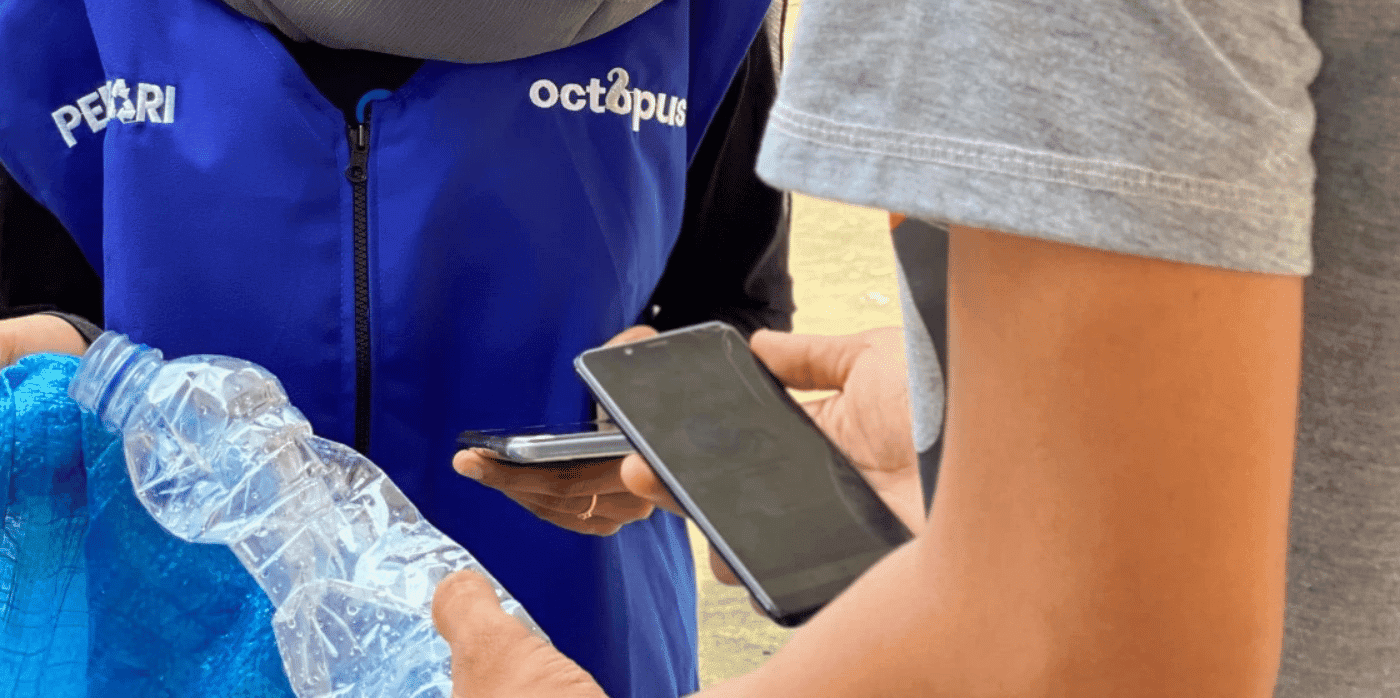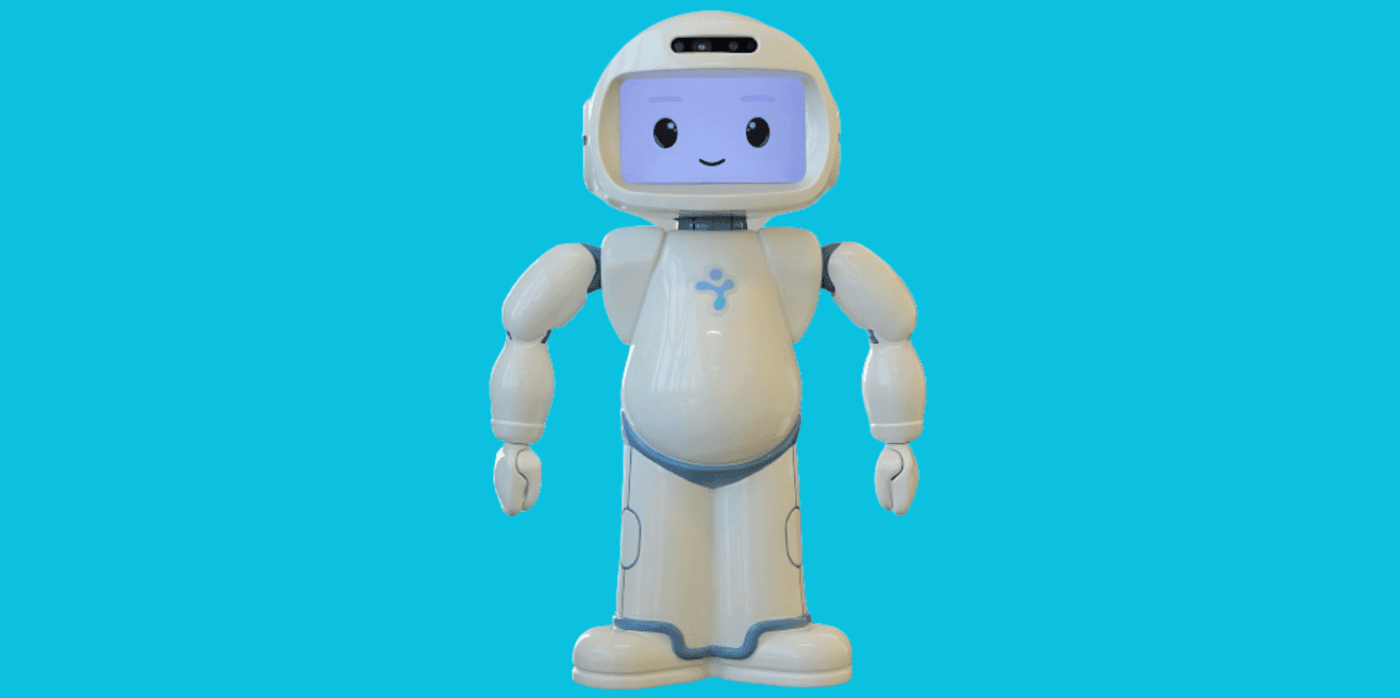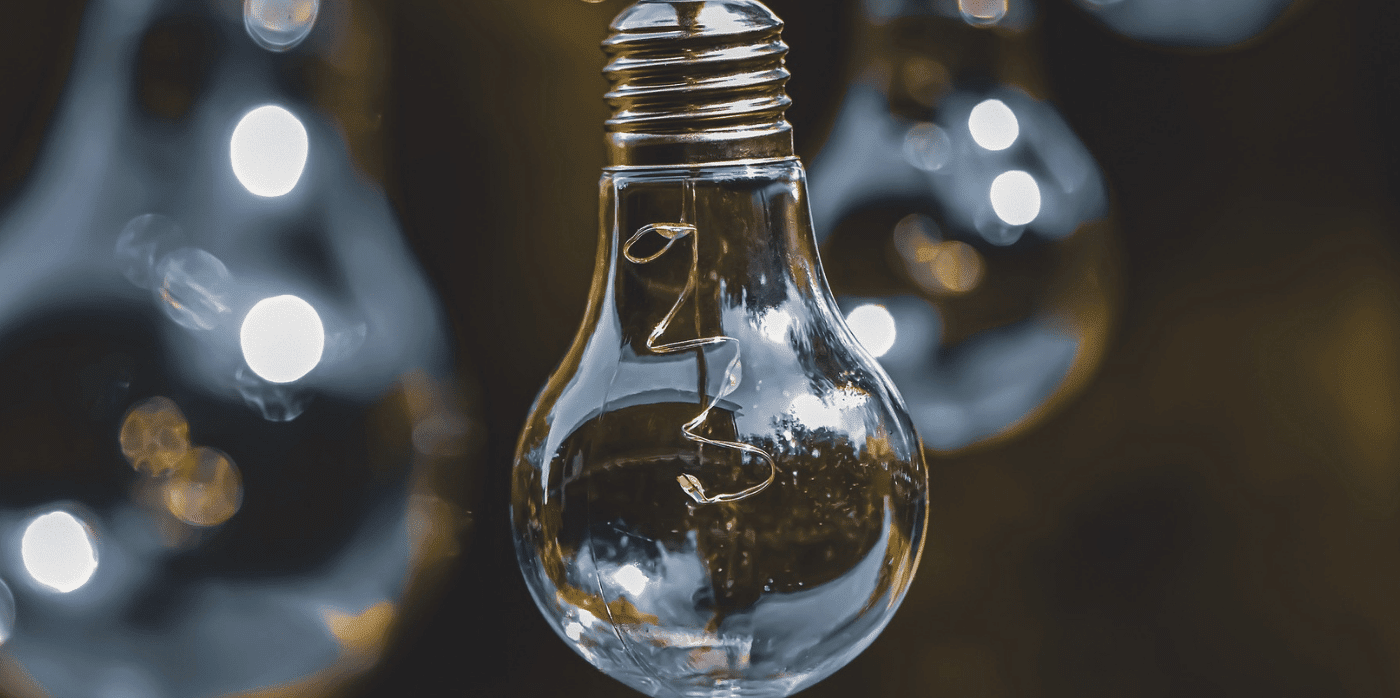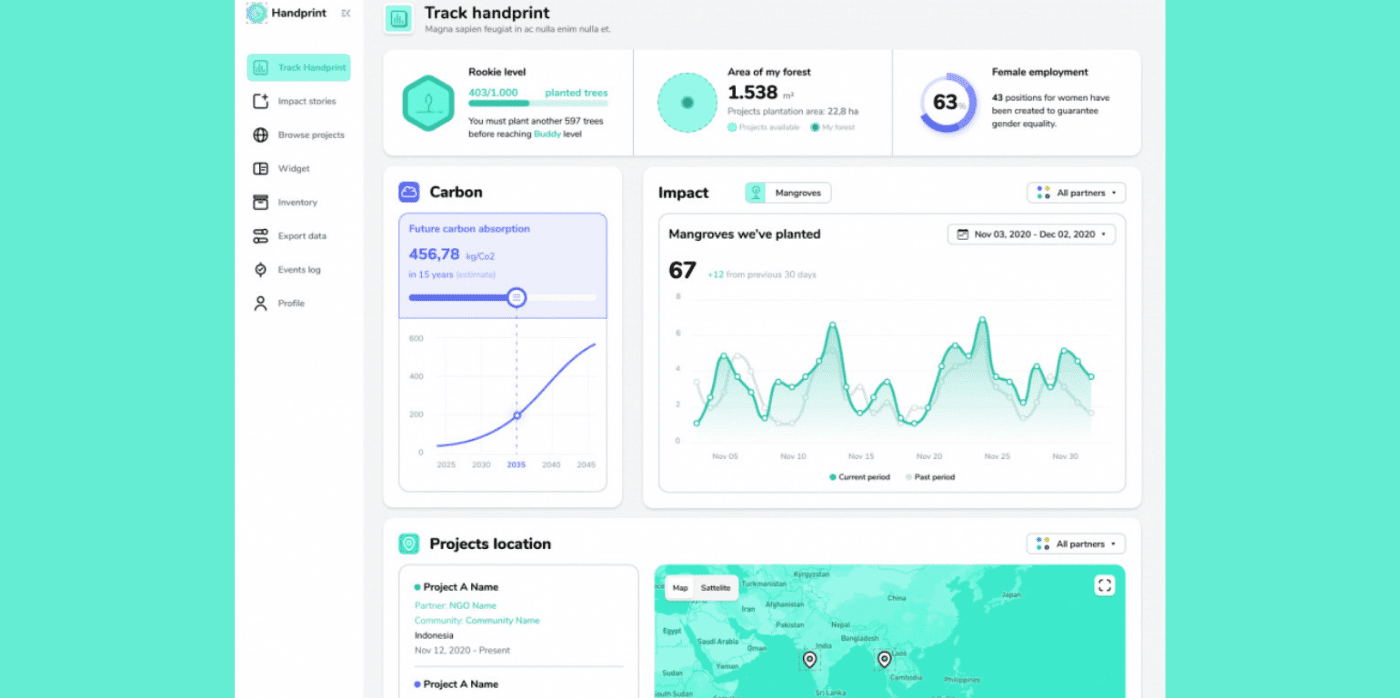A platform helps producers track and collect post-consumer products

Spotted: According to the World Bank, each year 4.9 million tons of plastic waste in Indonesia is goes uncollected, is left in open dumpsites, or is leaked from inadequately managed landfills. This ‘wasted waste’ blights neighbourhoods, damages wildlife, and leaches chemicals into the water. To find a solution, Jakarta-based startup Octopus has developed a circular economy platform to collect and dispose of waste.
Octopus offers two main kinds of service. In one, consumers download an app and book a time slot for waste pickers – called pelestari – to collect their trash. The rubbish is then sold on to recycling businesses.
The role of waste picker already exists in Indonesia. However, by taking waste directly from consumers instead of sifting through landfills, the pelestari can work in a safer way and earn higher prices. And, because the app formalises their labour, the pickers can build a verifiable employment history, making it easier to open bank accounts and gain access to credit. Octopus also provides a training programme through its app.
The other part of Octopus’ business model is to provide data on waste collection and recycling to fast-moving consumer goods (FMCG) brands that help them meet their Environmental, Social, and Governance (ESG) targets. Octopus also runs a deposit refund system for larger producers and brands. The startup already has more than 150,000 users and raised $5 million (around €4.7 million) last year, in a funding round led by Openspace and SOSV.
Plastic waste is a huge concern, so it is no surprise that Springwise has spotted a lot of energy being put towards developing innovative solutions. These range from recycling tyres into green roof panels to using fungi to break down hard-to-recycle plastics.
Written By: Lisa Magloff







